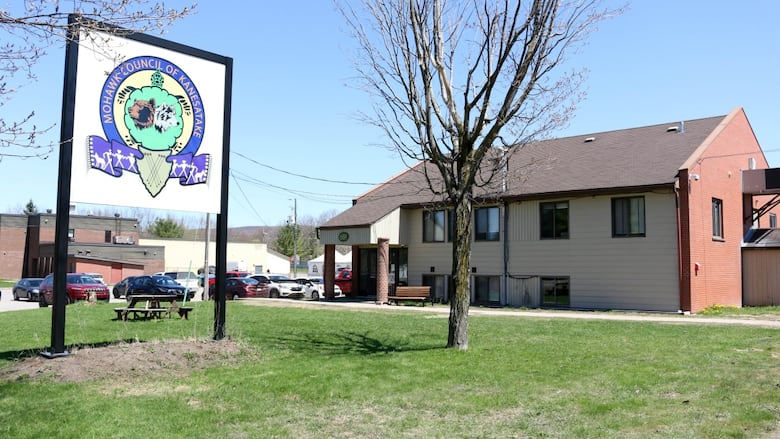Election in Kanehsatà:ke cancelled at last minute
Chief electoral officer says numerous flaws led to decision to stop Saturday's election

A general election scheduled for Saturday in the Kanien'kehá:ka (Mohawk) community of Kanehsatà:ke was cancelled at the last minute Friday evening, with the chief electoral officer denouncing "numerous flaws" in the existing electoral code.
In a statement shared on the Mohawk Council of Kanesatake's Facebook page, Chief Electoral Officer Graeme Drew outlined his decision.
"Due to numerous flaws in the Custom Electoral Code resulting in an inevitably flawed election process, I met with the incumbent Council and informed them earlier today of my decision to stop this election," wrote Drew.
He noted a lack of provisions in the code "for ensuring that electors are duly informed throughout the election process."
The chief electoral officer also stated that timelines were "unworkable" and didn't allow for the proper screening of candidates and, because of that, the names of several ineligible nominees appeared on the ballots.
Drew further expressed concern over the power given to appeal board members to "vote over" all other electors when determining who will be grand chief and chief in the case of a tie, saying the method was "unacceptable."
Six chief positions and one grand chief position were set to be determined in the general election.
Saturday's election was deemed crucial for the community, located northwest of Montreal, and seen as a way to resolve a months-long political impasse stemming from a leadership crisis within the Mohawk Council of Kanesatake.
In March, the band council's ethics commission removed Victor Bonspille from his position as grand chief by declaring his seat vacant. Bonspille, however, refused to recognize the decision and continued to attend ceremonies as grand chief.
He was hoping to be re-elected as grand chief on Saturday, with council chiefs Brant Etienne and Serge Otsi Simon, also a former grand chief, vying for the position as well.
Etienne said they were informed of the cancellation at around 3 p.m. on Friday.
"We were not at all happy about that," he said.
"Everybody on council was prepared ... We were ready to let the community make its decision."
But Etienne explained that he and others will continue to do their job, as there "can't be a vacuum in governance."
"We can run around like chickens with our heads cut off right now acting reactively or we can take a step back, look at the situation, take a moment to analyze, assess, and put in place the steps necessary to fix this," he said.
The office of the minister responsible for relations with First Nations and Inuit — Ian Lafrenière — wrote in a statement that the election is governed by the community's own electoral code, which is based on federal law.
"Its cancellation is also subject to internal rules," read the statement.
Drew said he is recommending the council reconvene with the goal of amending the electoral code, after which an election could be held.
Gleaning from past experiences, he said the process of ratifying an amended electoral code, followed by a candidate nomination period and campaigning means the community might see an election in about six months.
"It may seem really crazy right now, but in the big scheme of things, if you look at the long game, I think this is an opportunity to break the cycle of dysfunctional governance that's been going on there for years," Drew told CBC News.
Written by Annabelle Olivier with files from Paula Dayan-Perez
